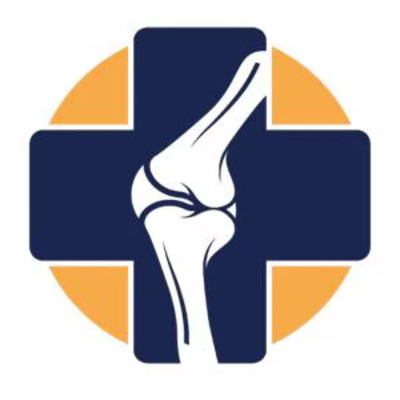
2025-03-27T13:18:33
Understanding Insulin Resistance: Causes, Symptoms, and Treatment Insulin resistance occurs when the body's cells stop responding efficiently to insulin, leading to elevated blood sugar levels. This condition is a major risk factor for type 2 diabetes, heart disease, and metabolic disorders. Understanding its causes, symptoms, and management can help prevent long-term health complications. Causes of Insulin Resistance Several factors contribute to insulin resistance, including: 1. Obesity – Excess belly fat releases inflammatory substances that interfere with insulin function. 2. Sedentary Lifestyle – Lack of exercise reduces insulin sensitivity in muscles. 3. Unhealthy Diet – High sugar and processed food intake can lead to insulin dysfunction. 4. Genetics and Hormonal Imbalances – Family history and conditions like PCOS increase the risk. 5. Chronic Stress and Poor Sleep – Both disrupt hormone levels, affecting insulin regulation. Common Symptoms Insulin resistance may not show immediate signs, but common indicators include: 1. Fatigue and persistent hunger 2. Difficulty losing weight 3. Dark patches on the skin (acanthosis nigricans) 4. High blood sugar and blood pressure levels Treatment and Prevention Managing insulin resistance focuses on improving lifestyle habits: 1. Healthy Diet – Reduce sugar, processed foods, and unhealthy fats while increasing fiber and protein intake. 2. Regular Exercise – Engage in at least 30 minutes of moderate exercise, including strength training and cardio. 3. Weight Management – Losing even 5-10% of body weight can improve insulin sensitivity. 4. Better Sleep and Stress Control – Quality sleep and stress reduction techniques, such as meditation, support hormone balance. Conclusion Insulin resistance is manageable with the right lifestyle changes. Early intervention through a balanced diet, regular exercise, and stress management can prevent serious health risks like diabetes. If you experience symptoms, consult a healthcare professional for early diagnosis and personalized treatment.

